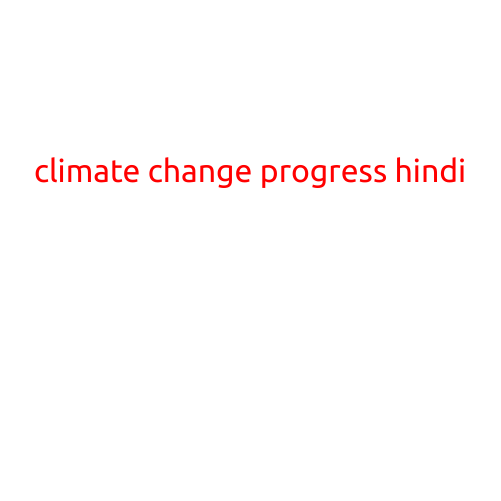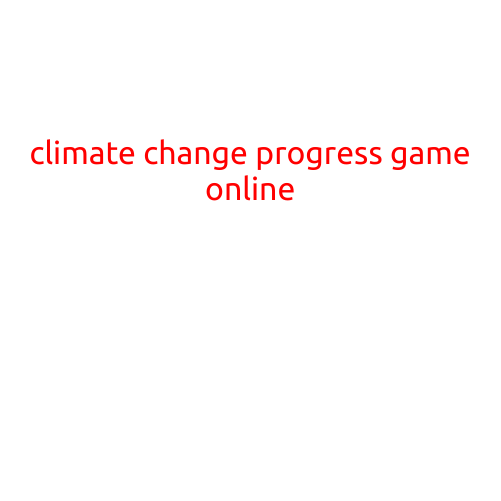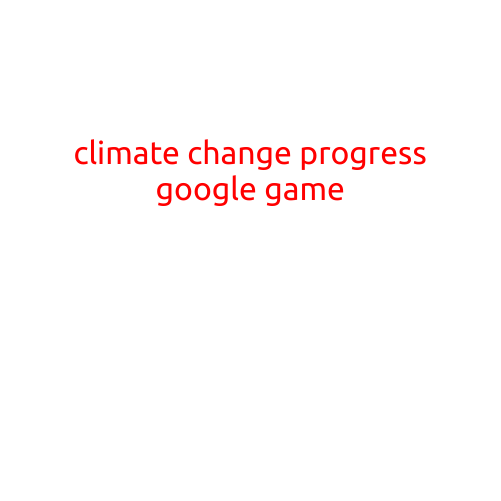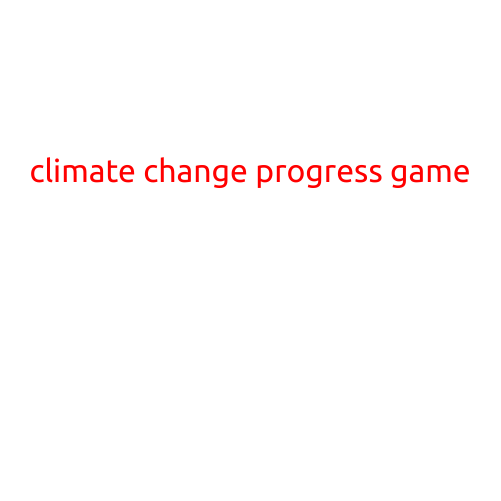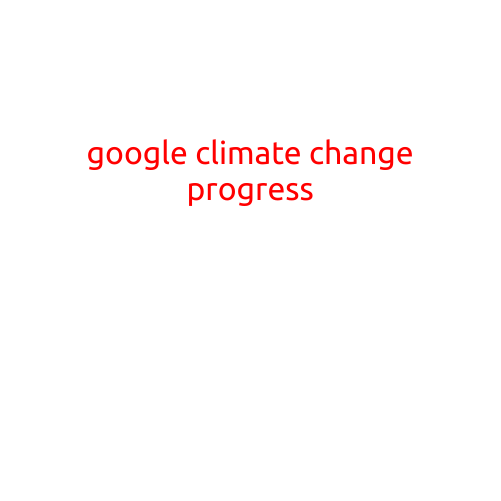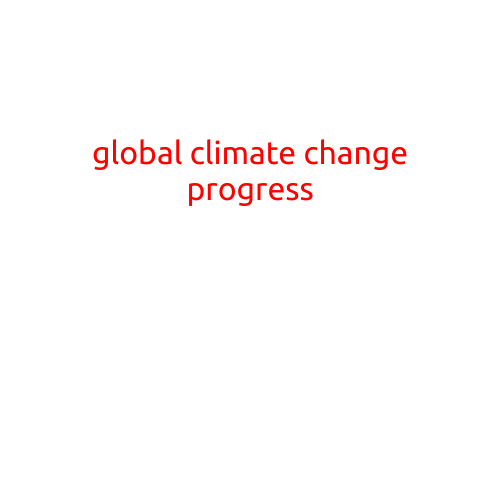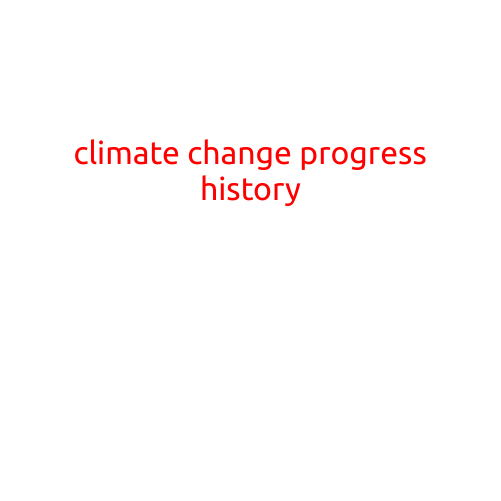
Climate Change Progress History: A Journey Through the Years
Since the concept of climate change first emerged in the 1950s, the scientific community has made significant progress in understanding the phenomenon, its causes, and its consequences. Over the decades, international efforts to mitigate and adapt to climate change have become increasingly urgent, with the Paris Agreement in 2015 marking a milestone in the global response to this pressing issue. In this article, we will take a journey through the history of climate change progress, highlighting key milestones, agreements, and breakthroughs that have shaped our understanding and response to this global challenge.
Early Years (1950s-1970s)
The concept of climate change began to take shape in the 1950s, sparked by the work of scientists such as Gilbert Plass, who published a groundbreaking paper on the greenhouse effect in 1956. During the 1960s and 1970s, scientists such as Charles David Keeling and Wallace Broecker further reinforced the concept of climate change, publishing papers that highlighted the role of carbon dioxide in global warming.
International Response (1980s-1990s)
The 1980s saw the emergence of international efforts to address climate change. In 1985, the World Climate Conference in Villach, Austria, brought together scientists, policymakers, and industry leaders to discuss the issue. The conference led to the establishment of the Intergovernmental Panel on Climate Change (IPCC) in 1988, which would become a crucial platform for assessing the science of climate change.
The 1990s saw the signing of the United Nations Framework Convention on Climate Change (UNFCCC) in 1992, which aimed to stabilize greenhouse gas concentrations in the atmosphere. The convention came into force in 1994 and has since been ratified by almost every country in the world.
Pivotal Events (2000s-2010s)
The 2000s and 2010s were marked by several pivotal events that highlighted the urgency of climate change. These include:
- 2001: The IPCC’s Third Assessment Report (TAR) found that human activities were causing net warming of the climate system.
- 2007: The IPCC’s Fourth Assessment Report (AR4) concluded that it was “very likely” that humans were the main cause of global warming since the mid-20th century.
- 2013: The IPCC’s Fifth Assessment Report (AR5) emphasized the need for urgent and sustained action to limit warming to 2°C above pre-industrial levels.
- 2015: The Paris Agreement was signed, committing almost every country to reduce greenhouse gas emissions and limit global warming to “well below 2°C” above pre-industrial levels and pursue efforts to limit it to 1.5°C.
Breakthroughs and Innovations (2020s)
In recent years, significant breakthroughs and innovations have transformed our understanding and response to climate change. These include:
- Advances in renewable energy technologies, such as wind and solar power, which have driven down costs and increased adoption worldwide.
- The emergence of electric vehicles, which are transforming the transportation sector.
- The development of carbon capture and storage (CCS) technologies, which can capture CO2 emissions from power plants and industrial processes.
- The growth of carbon markets, which provide incentives for companies to reduce their emissions.
Looking Ahead
As we embark on the journey to a cleaner, more sustainable future, it is essential to acknowledge the significant progress made so far and to continue building on these achievements. The climate crisis demands a collective and urgent response, and we must work together to:
- Accelerate the transition to renewable energy and electrify transportation and industry.
- Implement policies and technologies that can achieve deep emissions reductions.
- Support climate resilience and adaptation efforts, particularly in vulnerable communities.
- Continue to advance our understanding of the science of climate change through research and monitoring.
As we reflect on the history of climate change progress, we are reminded of the power of international cooperation, scientific inquiry, and innovative solutions to address this global challenge. Together, we can shape a more sustainable future for all.
